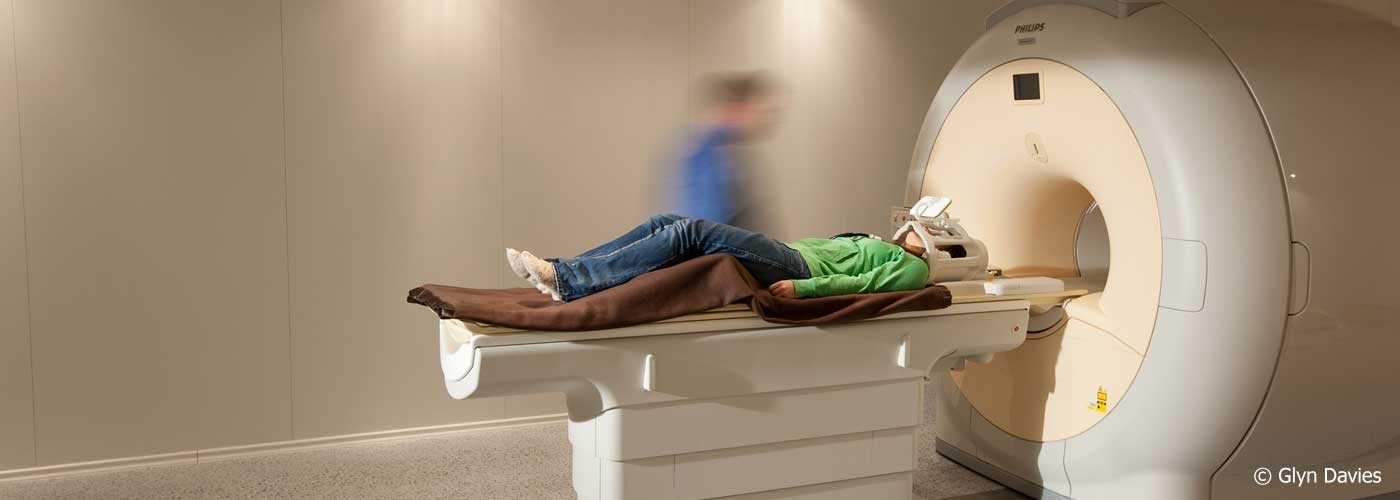Case Studies
Cognitive Neurology
Our work in this area aims to elucidate the cognitive and neurological substrates of acquired disorders in areas such as perception, memory, attention, decision making, language and action, and the organisation and structure of the cognitive processes that mediate these functions in the neurologically normal brain.
In some of our recent work we have been using detailed single case analyses to study individuals with deficits in visual perception arising from the failure to integrate sensory input with stored object knowledge, as well as using eye movement patterns to examine how damage to the visual system can affect the ways in which the brain acquires sensory information about object identity.
Here are some of our r papers:
Leek, E.C., D'Avossa, G., Yuen, S.L., Hu, M., Tainturier, M-J. & Rafal, R. (2012). Semantic relatedness and visual similarity affect overlapping figures task performance in ventral simultanagnosia: Implications for theories of perceptual integration in human vision. Cognitive Neuropsychology, 29, 569-583 .
Leek, E.C., Cristino, F., Patterson, L.C., Paul, M. & Rafal, R. (2012). Eye movements during object recognition in visual agnosia. Neuropsychologia, 50, 2142-2153 .
In language research we have been studying the patterns of acquired disorders of speech and written language comprehension and production in Welsh/English bilingual individuals.
Tainturier, M.J., Roberts, J. & Leek, E.C. (2011). Reading processes in transparent and opaque orthographies: Evidence from acquired dyslexia in Welsh/English bilinguals. Cognitive Neuropsychology, 28, 546-563.
Leek, E.C., Schiemenz, S., Roberts, J.R., Wyn Jones, E., Gathercole, V.C. & Tainturier, M.J. (2007). Independent retrieval of number and grammatical gender in spoken language production. Brain and Language, 103, 63-65.
Chronic Neurodegenerative Illness
We are also undertaking studies of chronic neurodegenerative illnesses such as Parkinson's disease (PD) and dementia. Our work has examined the patterns of cognitive impairment shown by some individuals with PD and investigates the possibility of identifying cognitive biomarkers to assist in the early diagnosis of PD. In other work we have been using cognitive interventions to develop novel forms of treatment for motor dysfunction.
Kerai, J., Hindle, J., Bracewell, R.M. & Leek, E.C. (2012). Impaired visuo-spatial transformation in Parkinson's disease affects mental rotation but not misoriented object recognition. Journal of Clinical and Experimental Neuropsychology, 34, 1053-1064.
Leek, E.C., Kerai, J., Hindle, J. & Bracewell, R.M. (in press). Non-motor spatial transformation in the supplementary motor area: Evidence from Parkinson's disease. Cognitive & Behavioural Neurology
